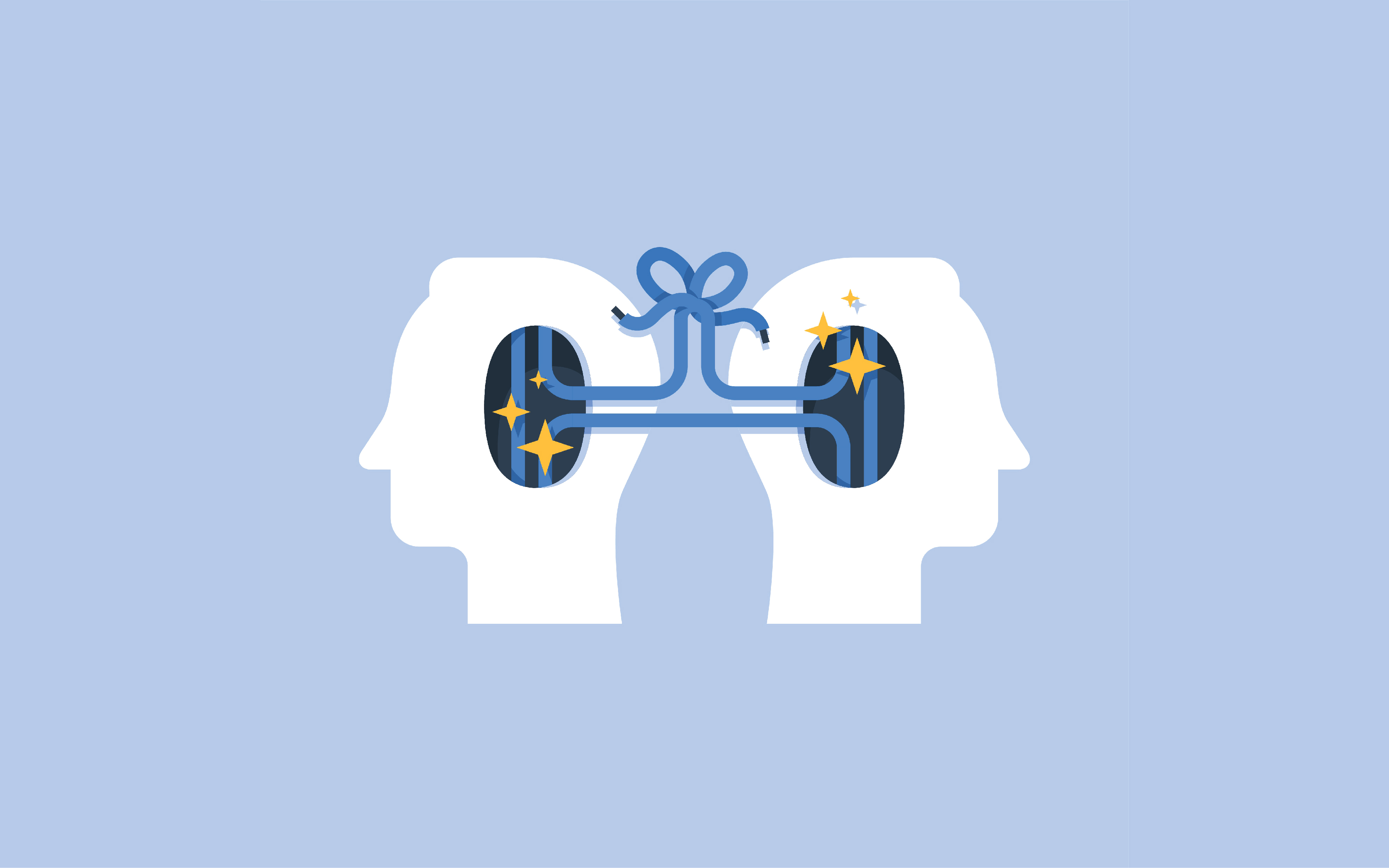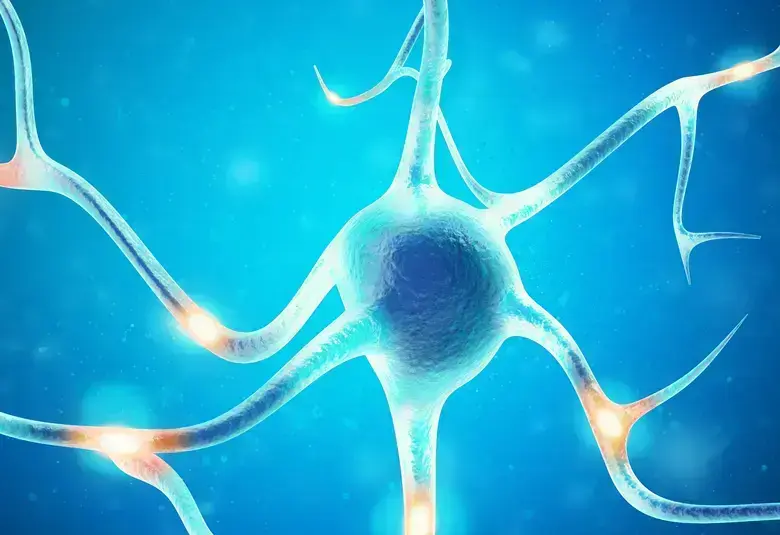The multidimensional nature of major depressive disorder (MDD), encompassing emotional, cognitive and physical domains, often lends to severe impairments in patient functioning and health-related quality of life.1-3 MDD management is further complicated when patients experience residual symptoms as a result of partial response to treatments.4 The STAR*D (Sequenced Treatment Alternatives to Relieve Depression) conducted in the real-world setting shows that first-line treatment with antidepressants elicit a response in ~50% of patients and remission in 37%, and the proportions decline with every treatment step with only 17% and 14% of patients experiencing a response and remission, respectively, after a third line of treatment.5 The numbers underscore the need for early and effective treatment options for patients suffering from MDD.
In the webinar entitled, “Unravelling the real-world complexities of MDD management”, Dr Greg Mattingly and Professor Andrea Fagiolini unraveled the common challenges in managing patients with MDD and presented the treatment imperatives. Dr Greg Mattingly illustrated the treatment options in patients who experience a partial response. He said that in patients who have had an inadequate response to a selective-serotonin reuptake inhibitor (SSRIs), alternative SSRIs or better-tolerated antidepressants with a different mechanism of action, such as vortioxetine (multimodal antidepressant) or agomelatine (melatonin agonist), may produce a better result.6-8
He supported this thought with results of the REVIVE study, conducted in partial responders to SSRI and serotonin-norepinephrine reuptake inhibitor (SNRI) treatments, which showed greater response and remission rates in mood symptoms as well as greater improvements in functioning and overall health with vortioxetine compared to agomelatine.8 The importance of treating patients with early and effective treatments was further highlighted through sharing of real-world studies, RELIEVE and REVIDA, which demonstrate the efficacy of a multimodal antidepressant (vortioxetine) in the improvement of mood symptoms, cognitive symptoms, functioning and work productivity.9.10 Interestingly, the RELIEVE study showed high efficacy of vortioxetine irrespective of the line of treatment in which it was used.
Professor Fagiolini presented on the added complexity of emotional blunting observed following treatment with an SSRI or an SNRI. He stated that ~70% of patients treated with SSRI/SNRIs experience emotional blunting as a side-effect and this could either reflect the failure to treat symptoms of MDD or a side effect of the treatment.11,12 From the mechanistic point of view, SSRIs are known to have high occupancy of the serotonin transporter (SERT) which is thought to result in a negative downstream effect on dopamine contributing to the emotional blunting effect.13
Professor Fagiolini communicated the need for treatment options with different modes of action to address the issue of emotional blunting. He pointed out that treatments with a multimodal mechanism of action that have lower but enough SERT occupancy, in addition to the modulation of several serotonin receptors, could improve depressive symptoms and emotional blunting in patients with MDD.14,15 In this context, the COMPLETE study is noteworthy as it shows that patients who have had a partial response to their SSRI and SNRI treatment and report emotional blunting could benefit from vortioxetine, which has a lower SERT occupancy and presumably a positive effect on dopamine. 14,15 In this study, improvements were observed across the parameters of emotional blunting, motivation and energy, cognition and functioning at home as well as at work.
Key Takeaways
• MDD is a multidimensional disease encompassing emotional, cognitive and physical domains. Treating all symptoms of MDD are key to achieving full functional recovery.
• Ineffective treatments result in residual symptoms. Switching treatment strategies may not always result in optimum response and the response may decline with each treatment step.
• To address the issue of partial response observed with SSRIs and SNRIs, antidepressants with different modes of action such as multimodal antidepressants may be beneficial.
• SSRIs are often associated with emotional blunting which add to the complexity of treating MDD. Multimodal antidepressants have been shown to reduce emotional blunting and improve mood, motivation and energy, cognition and functioning in SSRI/SNRI partial responders who experience emotional blunting.
To gain full access to the recorded webinar, please contact your Lundbeck representative for more information.
Our correspondent’s highlights from the symposium are meant as a fair representation of the scientific content presented. The views and opinions expressed on this page do not necessarily reflect those of Lundbeck.




